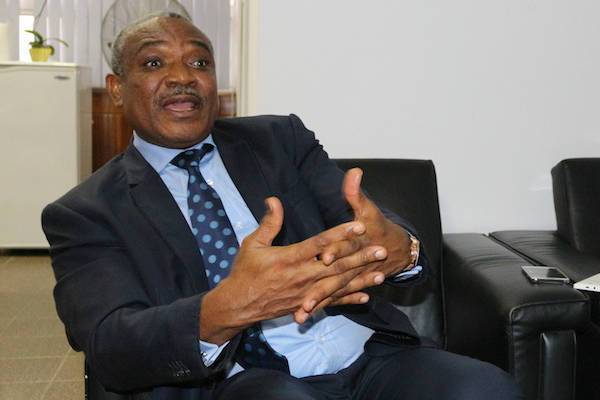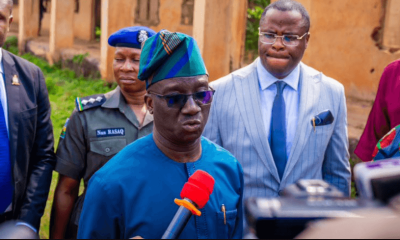Nigeria News
Governing Council: ASUU Can’t Tell Tinubu Those To Appoint – Obona-Obla

A former presidential aide, Okoi Obona-Obla, has stated that the Academic Staff Union of Universities (ASUU) is not in a position to dictate appointments to be made by President Bola Tinubu for the governing councils of tertiary institutions in the country.
Obona-Obla said this against the background of the latest rejection of the fresh appointments made by President Tinubu into the governing board of public universities across the country.
Naija News recalls the national president of ASUU, Prof. Emmanuel Osodeke, had voiced disappointment regarding the composition of the newly constituted governing councils for federal universities across Nigeria.
According to Prof Osodeke, the new list of council members is dominated by retired politicians rather than experts in academia or relevant fields.
Prof Osodeke further criticized the new list as being worse than its predecessor, indicating a regression rather than progress in the appointment policies.
But in his reaction, Obono-Obla said the federal government is not obliged to appoint only technocrats into the governing councils as the Constitution is clear about those who can be appointed into such positions by the President.
The former presidential aide argued that Tinubu is at liberty to appoint individuals who meet the constitutional requirement and the outcry by ASUU is totally misplaced.
He said, “My point is that appointment of the membership of the Governing Councils doesn’t require the appointment of only technocrats, as suggested by ASUU.
“Anybody can be appointed into the Council, as long as he fulfills the criterion spelled out in the statute, establishing the universities he has been appointed into.
“It is the prerogative of Tinubu to appoint anybody of his choice into any appointment as long as he meets with the condition(s) stipulated by the law.
Section 5 (a-h) of the University of Calabar Act 2004 provides as follows:
The Council of the University shall consist of:
(a) the Pro-Chancellor;
(b) the Vice-Chancellor;
(c) the Deputy Vice-Chancellors;
(d) one person from the Ministry responsible for Education;
(e) nine persons representing a variety of interests and broadly representative of the whole Federation to be appointed by the President;
(f) four persons appointed by the Senate from among its members;
(g) two persons appointed by the Congregation from among its members;
(h) one person appointed by Convocation from among its members.
Section 5 (e) of the University of Calabar Act,2004 is quite instructive.
“It prescribes the method or the quality of people that should be appointed into the governing council by Tinubu.
“Tinubu is required to appoint nine persons representing a variety of interests and broadly representative of the whole Federation.
“No special qualification is stated and is required as long as the appointment reflects a variety of interests and broadly representative of the whole Federation.
“Therefore, Tinubu has satisfied the requirements laid by the law for the appointment of members of the universities belonging to the Federal government of Nigeria.
“The impression that the political class doesn’t have within its fold Technocrats is misplaced.”












